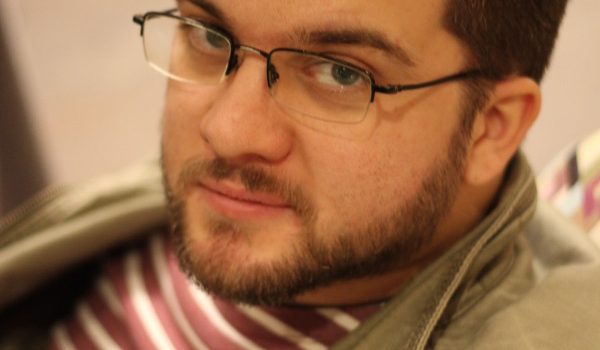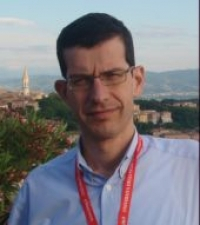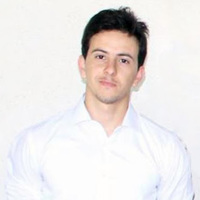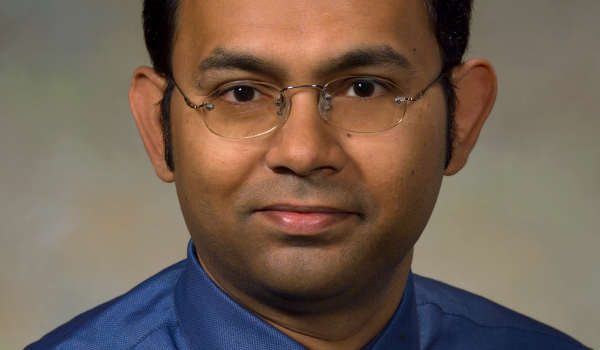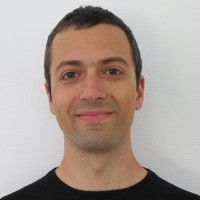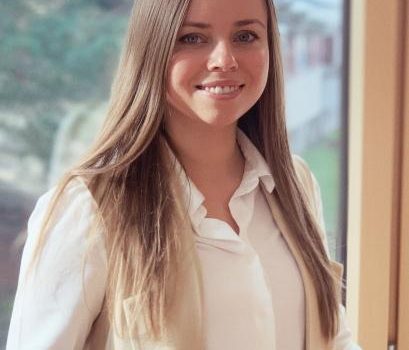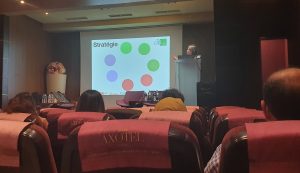The defense will take place on Friday 16th December at 10 AM in the west amphi of the Humanities building, Insa-Lyon, Villeurbanne.
Title
Contributions to the development of passive RFID tag-to-tag communications for the Internet of Things
Abstract
With the emergence of cognitive sensor networks, and in particular the IoT (Internet of Things), passive RFID (Radio Frequency Identification) UHF (Ultra High Frequency) technology is evolving with new functionalities. New types of applications going beyond the classics such as logistics, security and traceability are being developed. Still benefiting from unitary identification, new types of tags, called augmented tags, are appearing integrating new capacities such as environmental sensitivity, cognitive behaviour, data processing, communication between tags, etc. In this context, the objective of this thesis is to propose strategies and methods to optimize communications between tags, called tag-to-tag “tag-to-tag” (T2T) communications. This new type of radio link, between directly communicating tags, relies on the presence of an external radio frequency (RF) source and is based on the principle of retro-modulation. In particular, the scenarios analyzed are projected within the framework of the Spie ICS – INSA Lyon chair, which focuses on the IoT.
This thesis more specifically targets the application domain of UHF RFID for which the concept of T2T communications has been proposed and demonstrated since 2011, but with relatively little work done so far. In a T2T RFID system, two RFID tags (passive or semi- passive) communicate with each other directly without going through the reader. One of the tags plays the role of “reader tag”: in the presence of an RF source (for example an RFID reader) in its vicinity, it emits binary information by retro-modulation (or backscatter by switching charges), by switching the load seen by its antenna on two distinct impedances, thus reflecting two distinct power levels (modulation here considered in amplitude). The other tag plays the role of “receiver tag”: it receives the information transmitted and demodulates it.
In the traditional case of UHF RFID, the reader emits, in accordance with the standard, a modulated signal with a high modulation depth in order to facilitate the detection of the message transmitted by the tag. The tag responds by retro modulation and the signal it returns is then a signal where the two levels of information (in the case of amplitude modulation) are not very distinct and noisy. However, the player’s demodulator is very efficient, based on quadrature synchronous demodulation, it has very good sensitivity. In the case of T2T communication, a fundamental difference is that the detection is here performed by the second tag which is in the vicinity of the reader tag. Consequently, on the one hand, the performance of the receiver (that of a “simple” RFID tag) is much more limited, while the modulated signal is not necessarily at high modulation depth. And on the other hand, the two tags interact. This inter-tag electromagnetic coupling impacts in particular radiation patterns and impedances, and moreover, it depends on the mutual positions of the two tags, more precisely on their antennas (distance separating them, relative orientation, etc.), which leads to high variability the characteristics of the T2T system (and therefore its performance). In addition, there is the impact of the relative position of the external RF source with the pair of tags, which significantly modifies the characteristics of the retro-modulated signals.
The main challenge of the thesis is to determine a framework that can take into account all the factors (signal, component, circuit and system) impacting T2T communication with the aim of evaluating performance, particularly in terms of communication rate. binary error, a metric conventionally used in the field of telecommunications.
Keywords: Backscattering, passive tags, tag to tag communications, UHF RFID
Jury
- Bergeret Emmanuel Professor Université Clermont Auvergne Reviewer
- Breard Arnaud Professor Ecole Centrale de Lyon Examiner
- Lepage Anne-Claire Associate Professor Telecom Paris Examiner
- Lienard Martine Professor Université de Lille Examiner
- Vena Arnaud Associate Professor HDR Université de Montpellier Reviewer
- Villemaud Guillaume Associate Professor HDR INSA-Lyon Thesis director
- Hutu Florin-Doru Associate Professor INSA-Lyon Co-director
- Duroc Yvan Professor Université Claude Bernard Lyon 1 Co-director


